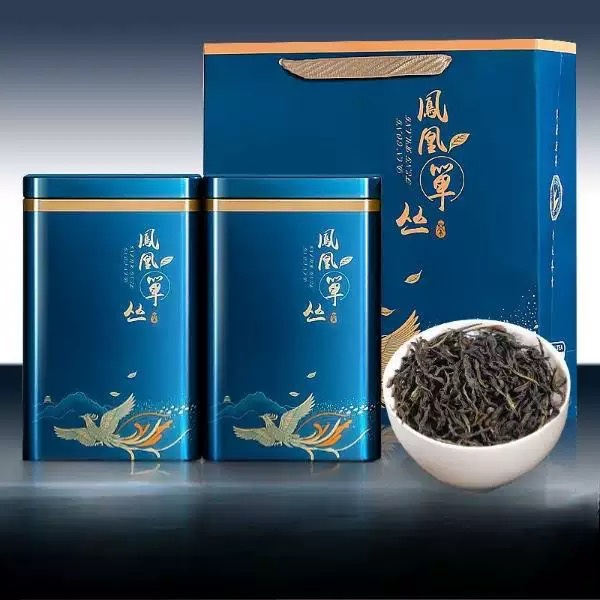The Cultural Significance of Oolong Tea in China

# The Cultural Significance of Oolong Tea in China
## Introduction to Oolong Tea
Oolong tea, known as “wūlóng chá” (乌龙茶) in Chinese, holds a special place in China’s rich tea culture. This partially oxidized tea bridges the gap between green and black teas, offering a unique flavor profile that has captivated tea drinkers for centuries.
## Historical Roots
The origins of oolong tea can be traced back to the Fujian province during the Ming Dynasty (1368-1644). Legend tells of a tea farmer who was distracted by a deer while processing his tea leaves, resulting in partial oxidation. This happy accident gave birth to what we now know as oolong tea.
Regional Variations
China boasts several famous oolong-producing regions, each with distinct characteristics:
- Wuyi Mountains (Fujian) – Produces mineral-rich “rock teas” like Da Hong Pao
- Anxi County (Fujian) – Home to the floral Tieguanyin variety
- Phoenix Mountains (Guangdong) – Known for single-bush Dan Cong oolongs
## Tea Ceremony and Social Significance
Oolong tea plays a central role in traditional Chinese tea ceremonies, particularly the Gongfu tea ceremony. This elaborate preparation method highlights:
– The importance of mindfulness in Chinese culture
– Respect for guests through careful preparation
– Appreciation of subtle flavors and aromas
## Health and Wellness
In traditional Chinese medicine, oolong tea is believed to:
– Aid digestion
– Promote mental clarity
– Support weight management
– Boost metabolism
## Modern Cultural Impact
Today, oolong tea continues to influence Chinese culture through:
– Tea competitions and quality grading systems
– Specialized tea houses and tasting events
– Integration into modern fusion cuisine
– Representation in art and literature
## Conclusion
Keyword: Oolong Tea in Chinese Culture
Oolong tea embodies the harmony and balance central to Chinese philosophy. Its cultural significance extends far beyond mere beverage status, representing centuries of tradition, regional pride, and the Chinese appreciation for nature’s subtle gifts. As both an art form and daily ritual, oolong tea remains an enduring symbol of Chinese cultural heritage.
